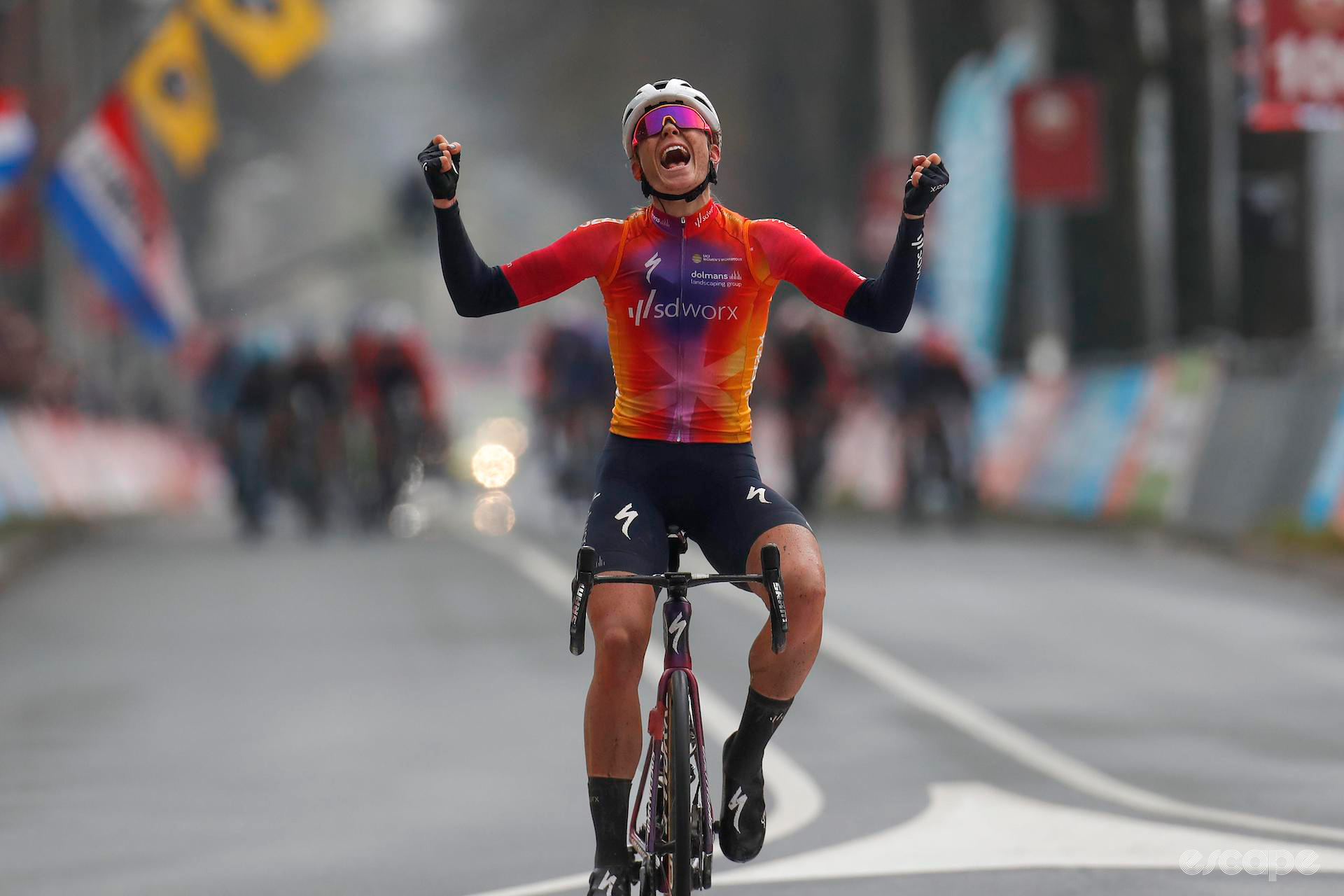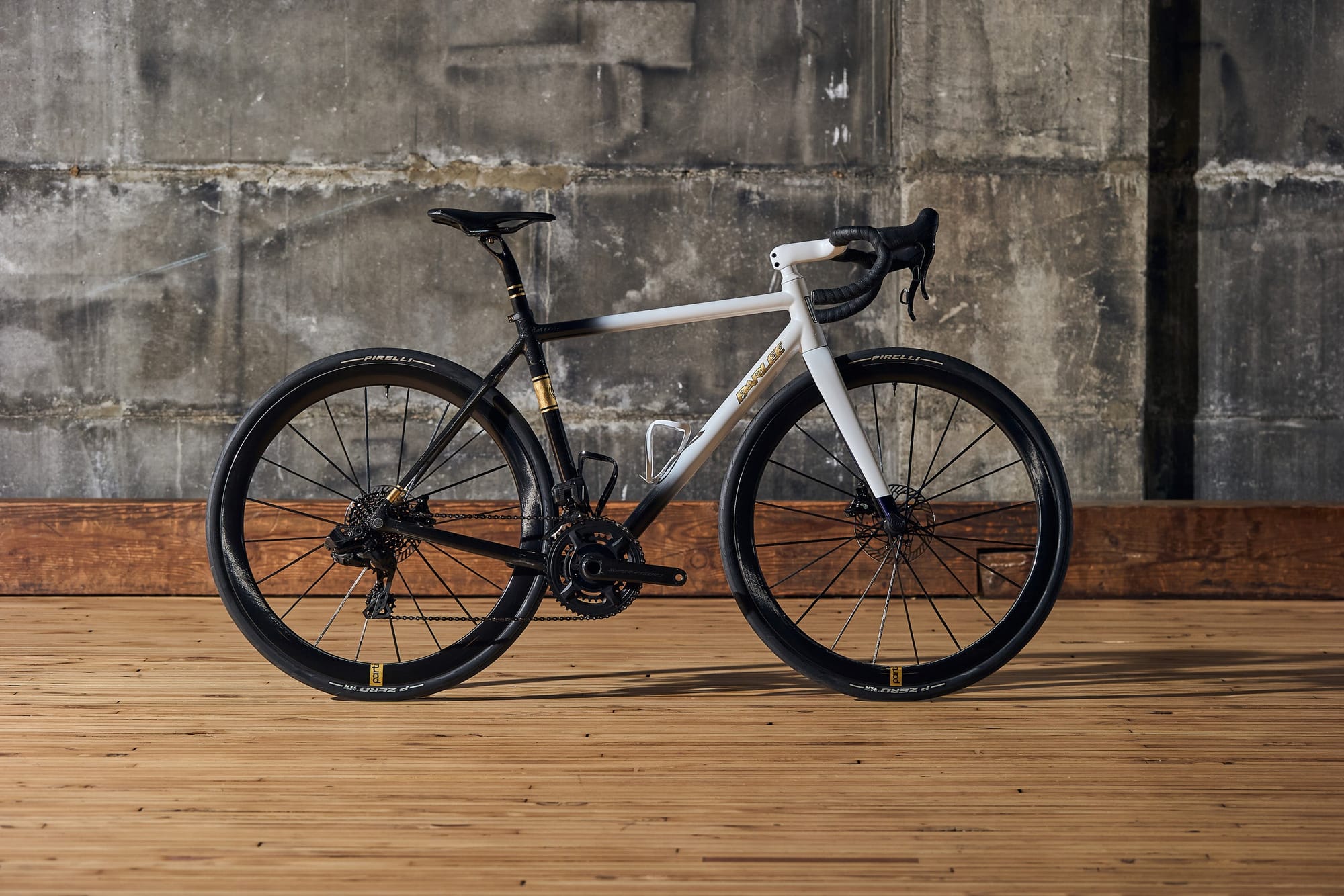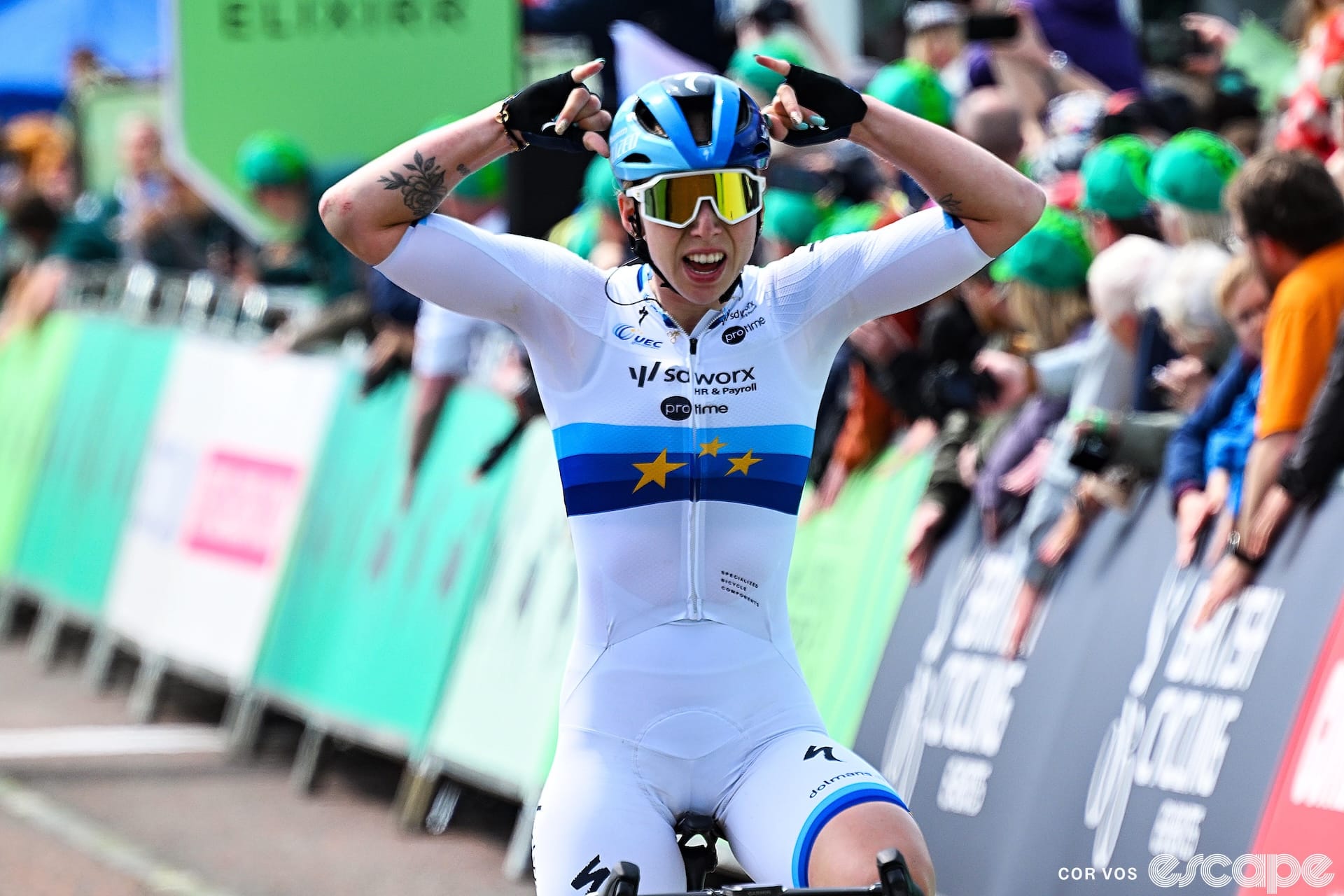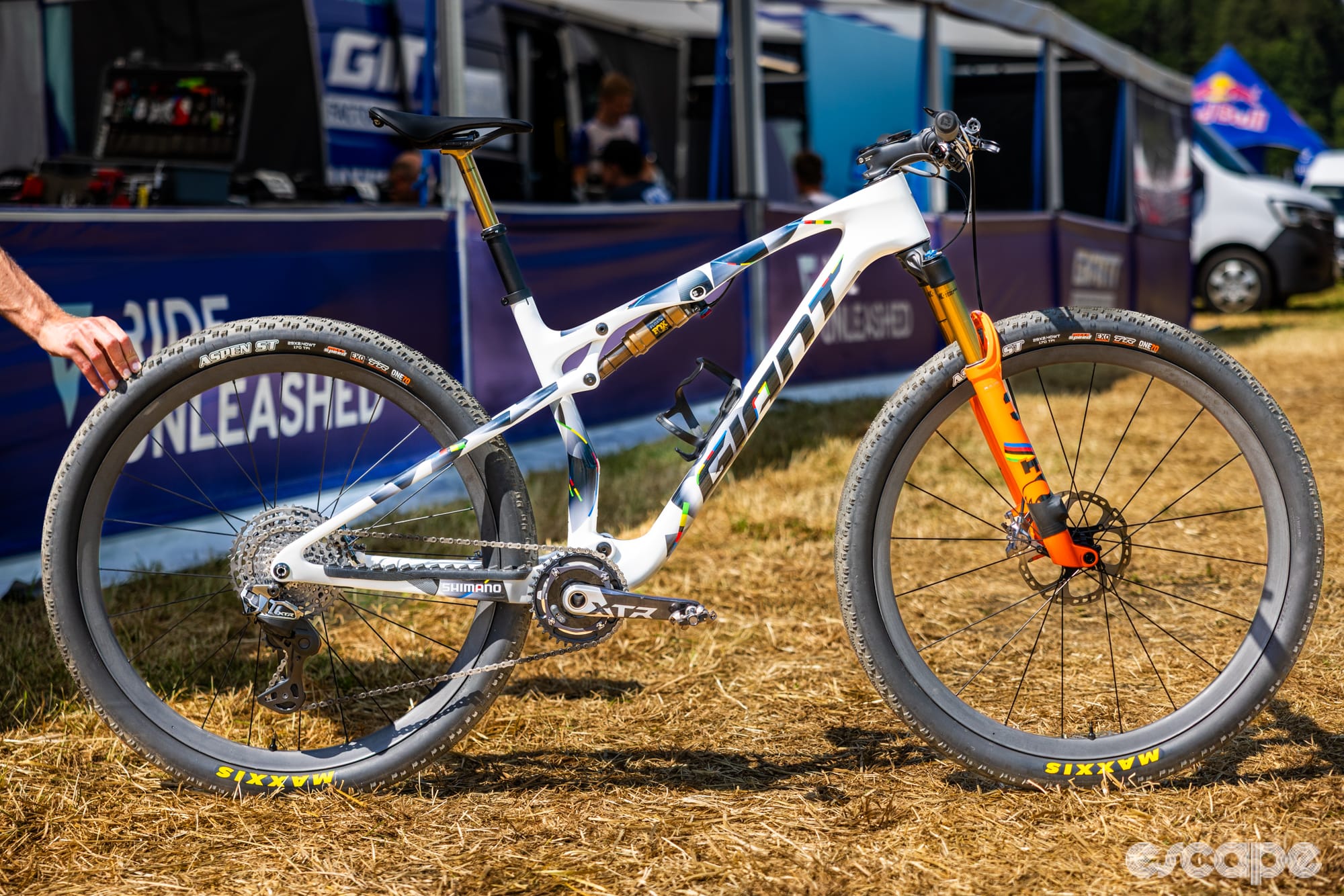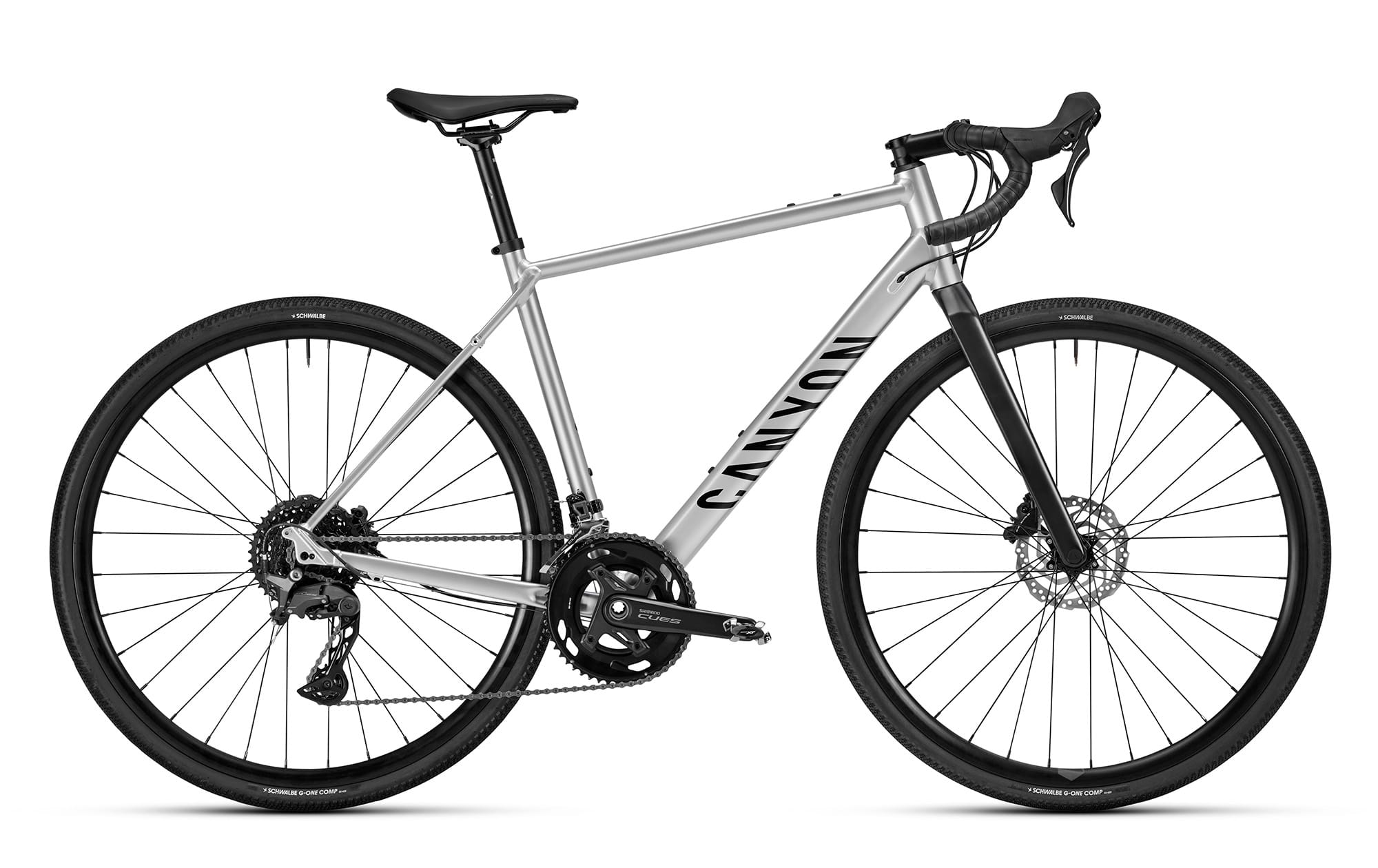The outcome of the ninth Amstel Gold Race will be familiar to anyone who has kept even half an eye on the women's peloton this season, and though it'll go down as another perfectly executed plan for Demi Vollering and SD Worx, the result didn't come easy.
The race was hard and fast from the start, and under far from pleasant conditions. A nine-strong group had established a slender gap early on, but their lead was short-lived and the probing attacks continued until Lucinda Brand (Trek-Segafredo) and Sabrina Stultiens (Liv Racing TeqFind) found some room.
The peloton finally got a chance to re-gather themselves with about 50km to go - a much-needed breather after a few nasty crashes dented the hopes of many - and the margin bounced out to over two minutes as focus turned to the last few laps.
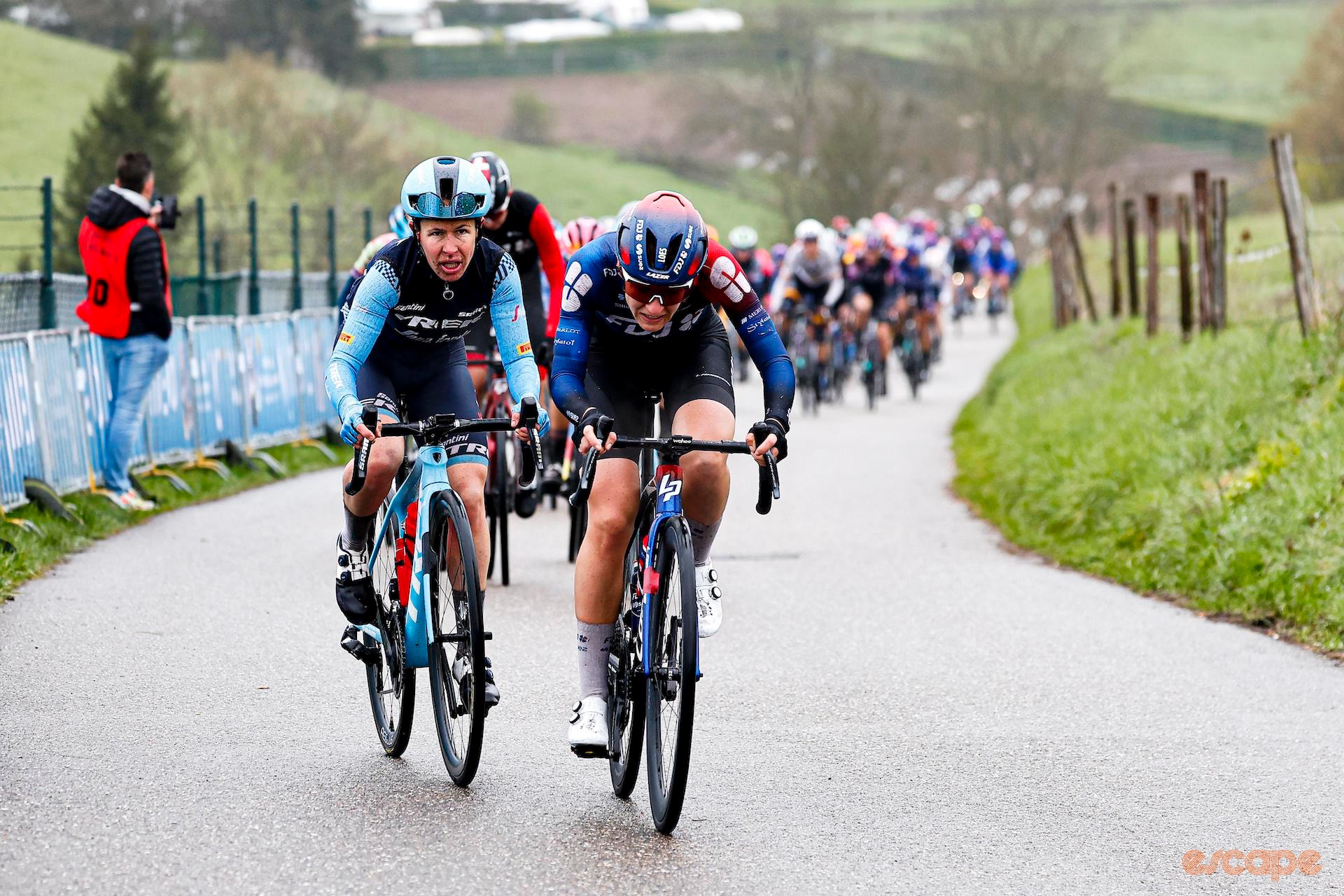
It was a still sizeable peloton that caught the Dutch pair just inside 25km to go, and Brand stuck herself on the front for Trek-Segafredo which was determined to make it a hard day. Attacks continued to fire off the front, but Lorena Wiebes (SD Worx) seemed always to be there, the sprinter-cum-luxury domestique's broad shoulders never far from the action.
Intent on serving the team on terrain that doesn't typically suit her, Wiebes attacked the bunch before the penultimate ascent of the Cauberg to give herself a headstart on the punishing climb, ensuring she'd be able to do one last job. And sure enough, it was the European champion who went after Kristen Faulkner (Jayco-AlUla) when the American attacked near the top.
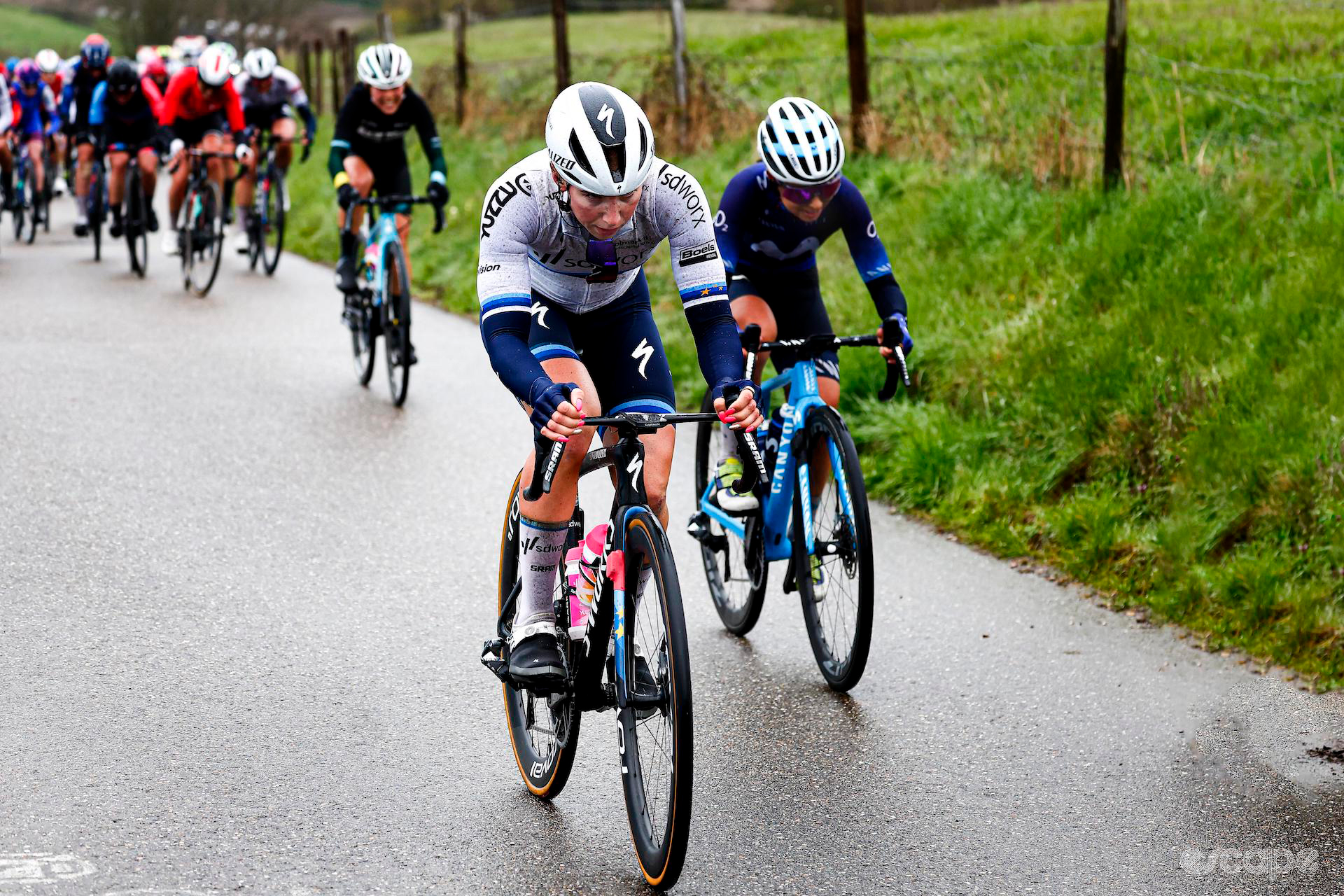
It all came down, inevitably, to the final few kilometres, starting with the climb up the Cauberg which began about two and a half kilometres from the finish line. Memories of 'group 2 sydrome' at Paris-Roubaix loomed in the run-in as Grace Brown (FDJ-Suez) and Soraya Paladin (Canyon-SRAM) carried 12 seconds through the lefthander that marks the foot of the climb, but the still large group got the better of the leaders whose lights went out by the top.
As Annemiek van Vleuten slid briefly out of touch, her Movistar teammate Liane Lippert led the group up the final ramps, Lotte Kopecky and 2019 winner Kasia Niewiadoma (Canyon-SRAM) embedded.
Then Vollering attacked from near the back of the small pack at the top of the Cauberg, and the group watched her go. Lippert and Riejanne Markus (Jumbo-Visma) swapped half-hearted turns as Kopecky sat in the wheels, but the moment of hesitation as Vollering swung wide proved costly for rivals of SD Worx, and the gap went from small to definitive in no time at all.
"I cannot quite believe it yet. We executed our plan so well again," Vollering said after the finish. "I knew I wanted to attack on top of the Cauberg, and I saw that a lot of riders were already finished there, so I thought, ‘okay, this is perfect for us’. I saw Lotte was super good still, she looked behind to see if I give the sign to go, and I said ‘yes, I go’.
"I didn’t dare to look behind, I was just thinking, ‘go as fast as I can’. They doubted a little bit behind, and then they will never get me back anymore with the watts that I was riding. It was a hard race, really cold, and I like cold weather, so I kept that in my mind all day."
After coming second two years in a row - falling victim in 2022 to exactly the tactic she herself used today - Vollering powered to a clinical Amstel Gold Race victory.
"“It suited me that the race was a bit harder. I got inspired by what happened last year [with Cavalli's late attack], and now, I had Lotte in the group, so I know that I can really go for the attack, and if it’s not working out, then Lotte can still win the sprint, or the other way around."
The chasing group finished eight seconds after the winner, led home by teammate Kopecky ahead of Shirin van Anrooij who awarded Trek-Segafredo's work with a podium finish.
Did we do a good job with this story?

